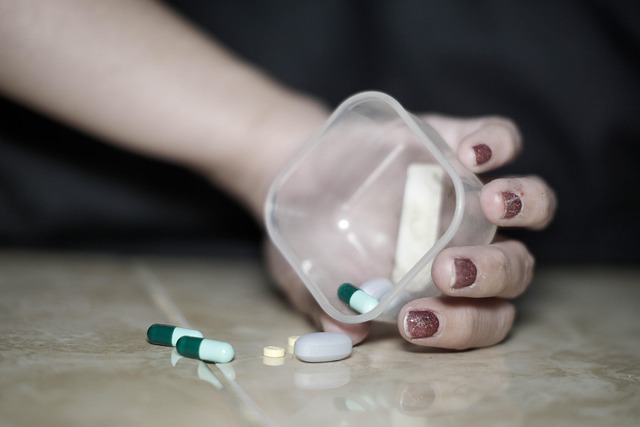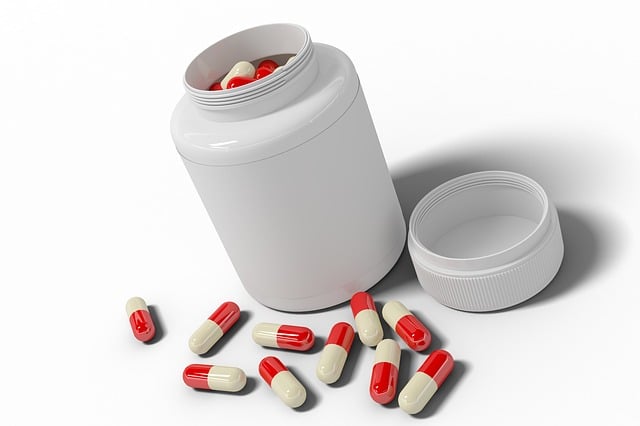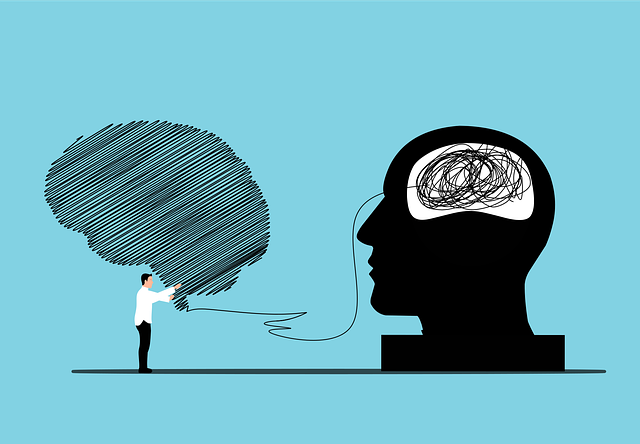Adolescent depression requires immediate attention through tailored interventions. Signs include persistent sadness, changes in appetite/sleep, loss of interest, fatigue, concentration issues, and suicidal thoughts. Depression treatment programs for teens include psychotherapy (CBT, IPT, MBCT, psychodynamic therapy), medication (SSRIs, SNRIs, mood stabilizers), or both. These programs focus on communication, negative thought pattern challenge, mindfulness, group support, family involvement, and holistic well-being improvement.
Depression among adolescents is a growing concern, yet understanding its nuances and effective therapy options can offer much-needed hope. This comprehensive guide explores various therapeutic approaches tailored for youth mental health. From cognitive behavioral therapy (CBT) and mindfulness practices to group support and family-involved strategies, we delve into proven methods. Additionally, we discuss medication options, emphasizing the importance of personalized treatment plans within depression treatment programs.
Understanding Adolescent Depression: Signs and Symptoms

Adolescent depression is a serious mental health issue that requires early recognition and appropriate intervention. Teenagers often experience unique challenges that can contribute to their emotional well-being, such as peer pressure, academic stress, and identity formation. Understanding the signs and symptoms of depression in this age group is crucial for parents, educators, and healthcare professionals.
Common indicators include persistent feelings of sadness or emptiness, significant changes in appetite or sleep patterns, loss of interest in activities once enjoyed, fatigue, difficulty concentrating, and thoughts of death or suicide. These symptoms can significantly impact a teenager’s daily functioning and overall quality of life. Effective depression treatment programs tailored for adolescents involve psychotherapy, medication, or a combination of both, focusing on addressing the underlying causes while fostering resilience and coping strategies.
Therapeutic Approaches for Youth Mental Health

Depression treatment programs tailored specifically for adolescents have gained significant importance in addressing the rising rates of youth mental health issues. These therapeutic approaches aim to provide a safe and supportive environment, fostering open communication about emotional struggles. Cognitive-behavioral therapy (CBT) is one such evidence-based method that helps young individuals identify and change negative thought patterns and behaviors contributing to depression. By teaching coping strategies and problem-solving skills, CBT empowers adolescents to manage their symptoms effectively.
Additionally, other therapeutic modalities like interpersonal psychotherapy (IPT), mindfulness-based cognitive therapy (MBCT), and psychodynamic therapy are employed to address the unique needs of teens. IPT focuses on improving relationships and social functioning, while MBCT combines mindfulness practices with cognitive techniques to prevent depressive episodes. Psychodynamic therapy delves into unconscious thoughts and past experiences to help adolescents gain insights into their emotional struggles. These diverse depression treatment programs offer a holistic approach, catering to various aspects of youth mental health.
Cognitive Behavioral Therapy: A Popular Choice

Cognitive Behavioral Therapy (CBT) is a widely recognized and effective depression treatment program for adolescents. This evidence-based approach focuses on identifying and changing negative thought patterns and behaviors that contribute to depression. By teaching young people to recognize and challenge distorted thinking, CBT empowers them to develop healthier coping strategies and improve their overall mood and well-being.
CBT sessions often involve setting specific goals, learning relaxation techniques, and acquiring problem-solving skills. The therapy is structured and goal-oriented, providing adolescents with a clear framework for understanding and managing their depression. As they progress, individuals gain insights into their thought processes, enabling them to make lasting changes in their lives and prevent future episodes of depression.
Mindfulness and Meditation for Teen Depression

Mindfulness and meditation have emerged as powerful tools in the arsenal of depression treatment programs for adolescents. These practices encourage teens to focus on the present moment, acknowledging and accepting their feelings without judgment. Regular mindfulness exercises can help reduce symptoms of depression by fostering a sense of calm and improving emotional regulation.
Teenagers struggling with depression often benefit from guided meditation sessions that teach them to observe their thoughts and emotions without becoming overwhelmed. This skill set enables adolescents to navigate difficult feelings in a healthier manner, promoting resilience and overall well-being. Incorporating mindfulness into depression treatment programs can be highly effective, offering teens practical coping mechanisms for managing symptoms and improving their quality of life.
Group Therapy Sessions: Building Peer Support

Group therapy sessions play a pivotal role in depression treatment programs for adolescents, offering a unique and beneficial approach to their mental health journey. In these supportive environments, teens connect with peers facing similar challenges, fostering a sense of community and understanding. Through group discussions led by trained professionals, participants learn they are not alone in their struggles, breaking down the isolation often associated with depression.
This therapeutic setting encourages open dialogue, where adolescents can share their experiences, gain valuable insights from others, and develop coping strategies collectively. The peer support system that emerges strengthens resilience, promotes empathy, and provides a network of friends who can offer encouragement throughout the recovery process. Group therapy sessions are not just about talking; they create a safe space for teenagers to build meaningful connections, learn from one another, and take significant steps towards managing their depression effectively.
Family-Involved Treatment Strategies

Family-involved treatment strategies play a pivotal role in effective depression treatment programs for adolescents. Engaging the entire family unit allows therapists to address both individual symptoms and broader environmental factors contributing to the young person’s depression. This holistic approach fosters a supportive network, enhances coping skills, and promotes positive behavioral changes. By educating family members about depression, its signs, and effective interventions, these strategies empower them to provide ongoing support at home, reinforcing the therapeutic gains made during formal treatment sessions.
Incorporating family dynamics into depression therapy empowers adolescents to navigate their mental health challenges within the context of their relationships and living environment. Through open communication, problem-solving exercises, and co-cognitive techniques, families learn to recognize and manage depressive episodes while fostering resilience and emotional well-being for all members. This collaborative effort not only improves adolescent outcomes but also strengthens family bonds, creating a lasting impact on mental health management.
Effective Medication Options for Adolescent Depression

When it comes to effective medication options for adolescent depression, several types of antidepressants are commonly prescribed by mental health professionals. Selective serotonin reuptake inhibitors (SSRIs) and serotonine-norepinephrine reuptake inhibitors (SNRIs) are among the most widely used drugs in depression treatment programs designed for teens. These medications work by increasing the levels of serotonin and norepinephrine, neurotransmitters that play a crucial role in regulating mood and emotions.
In addition to SSRIs and SNRIs, other medication options may be explored as part of a comprehensive depression treatment program. For example, certain mood stabilizers or antipsychotic drugs might be considered for adolescents with severe or treatment-resistant depression. It’s important to note that medication should always be prescribed and closely monitored by a qualified healthcare provider, who can tailor the treatment plan to the individual needs and unique circumstances of each adolescent patient.
